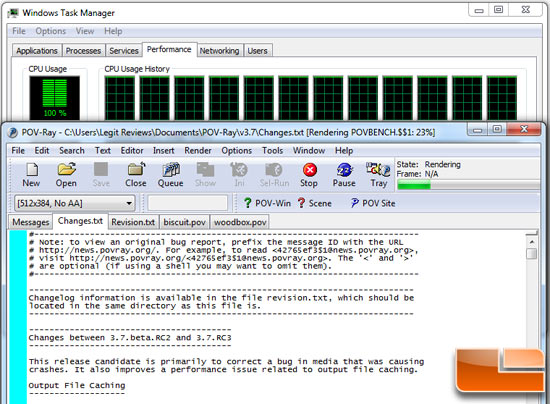
Intel® 5 Series Platform (codename-mobile: Calpella)

Intel® Q45 and Q43 Express Chipsets (codename: Eaglelake) Intel® Core™2 Quad, Intel® Core™2 Duo Desktop Processor Series (codename: Conroe, Wolfdale, Yorkfield) Intel® 4 Series Platform (codename-desktop: Boulder Creek or McCreary) Intel® GM45, GS45, and PM45 Express Chipset (codename: Cantiga)

Intel® Core™2 Quad, Intel® Core™2 Duo, Intel® Core™2 Solo Mobile Processor Series (codename: Penryn) Intel® 4 Series Platform (codename-mobile: Montevina) Intel® Q35 Express Chipset (codename: Bearlake B) Intel® Core™ 2 Duo Desktop processors E6850, E6750, and E6550 (codename: Conroe) Intel® 3 Series Platform (codename-desktop: Weybridge) Please scroll to the bottom of this page for downloads. More questions? Go to the Intel Business Client Developer Forum. Please download Revocation Tools to mitigate this issue. In response to Intel Security Advisory SA-0035, Intel is releasing updated SINIT ACM, Revocation (RACM) SINIT, and Revocation Tools. While most internet browsers are supported, table below is best viewed in Google Chrome. Each kit download contains relevant change log and error file for that SINIT ACM. The appropriate production release of the SINIT ACM (authenticated code module) is available for download for the targeted platform as per the table below.

Project details are at SourceForge: Trusted Boot Trusted Boot (tboot) is an open source, pre- kernel/VMM module that uses Intel® Trusted Execution Technology (Intel® TXT) to perform a measured and verified launch of an OS kernel/VMM. For more information, please refer to Data Center Security Technology. Intel® Trusted Execution Technology (Intel® TXT) provides a hardware- based root of trust to ensure that a platform boots with a known good configuration of firmware, BIOS, virtual machine monitor, and operating system.


 0 kommentar(er)
0 kommentar(er)
